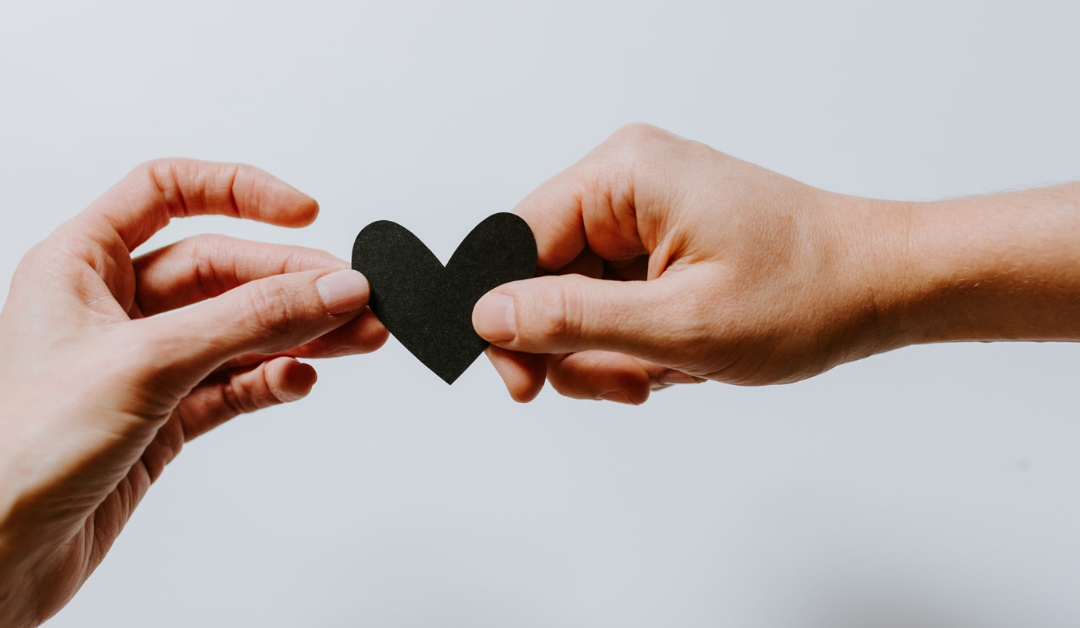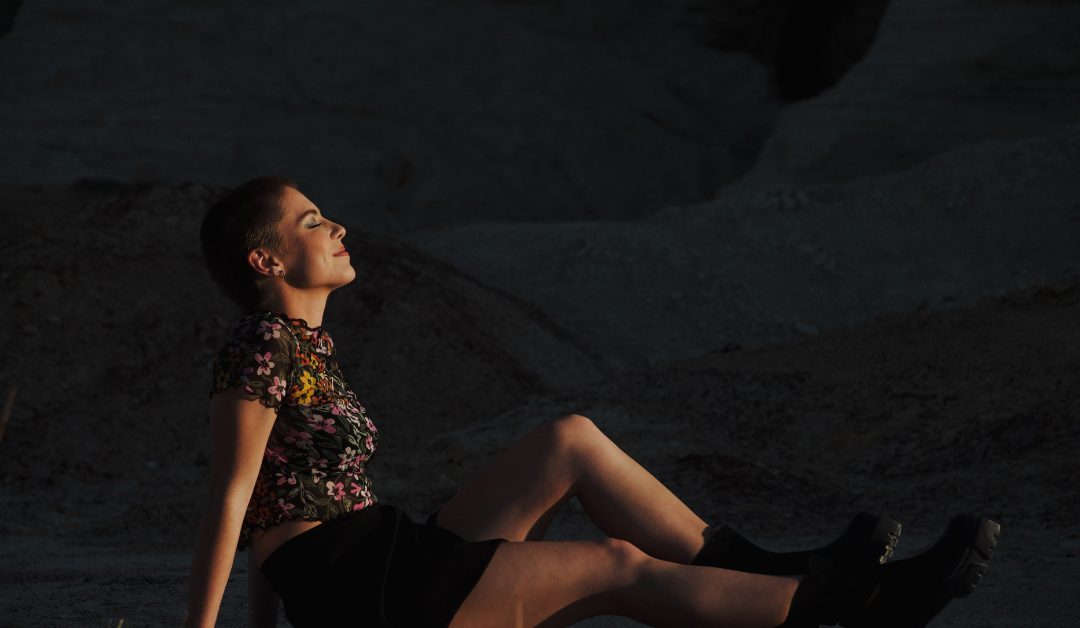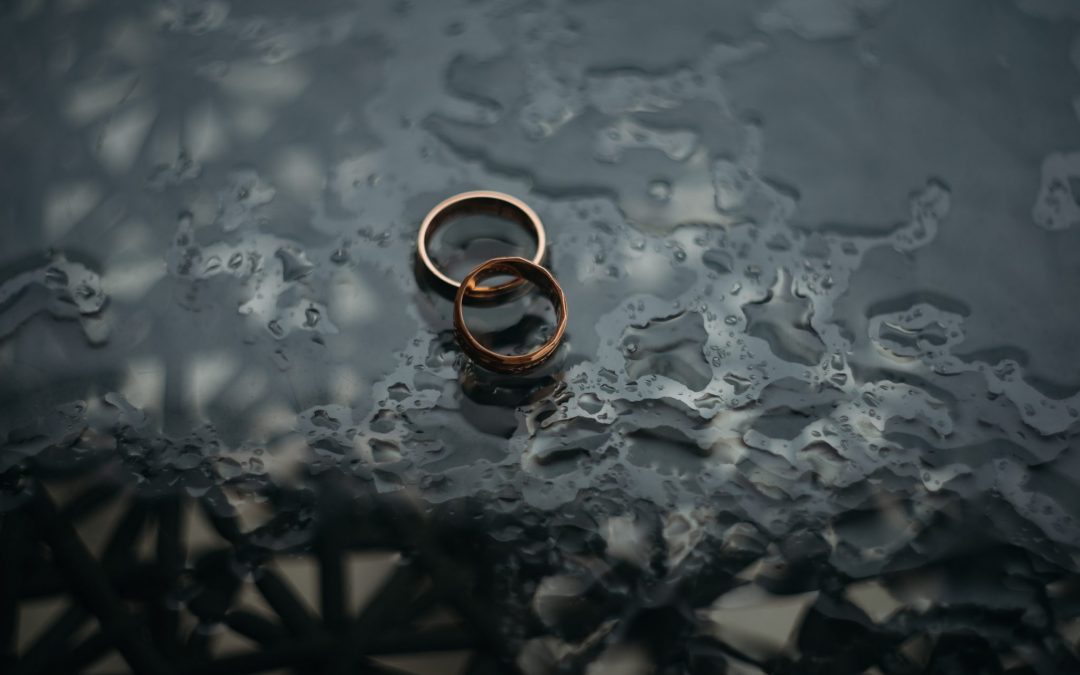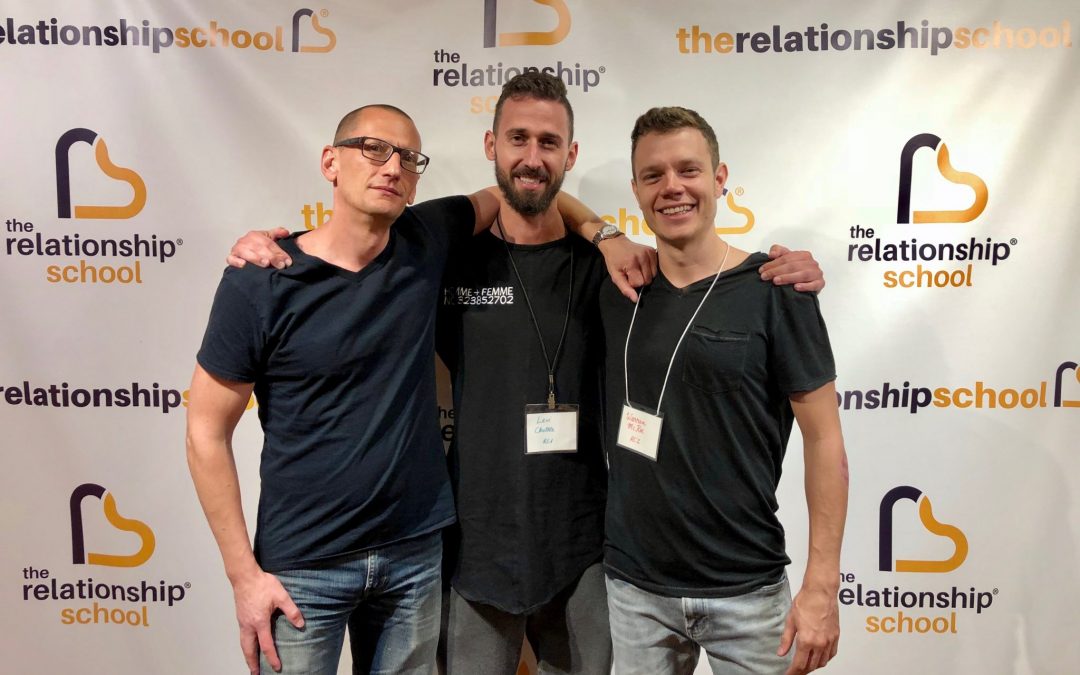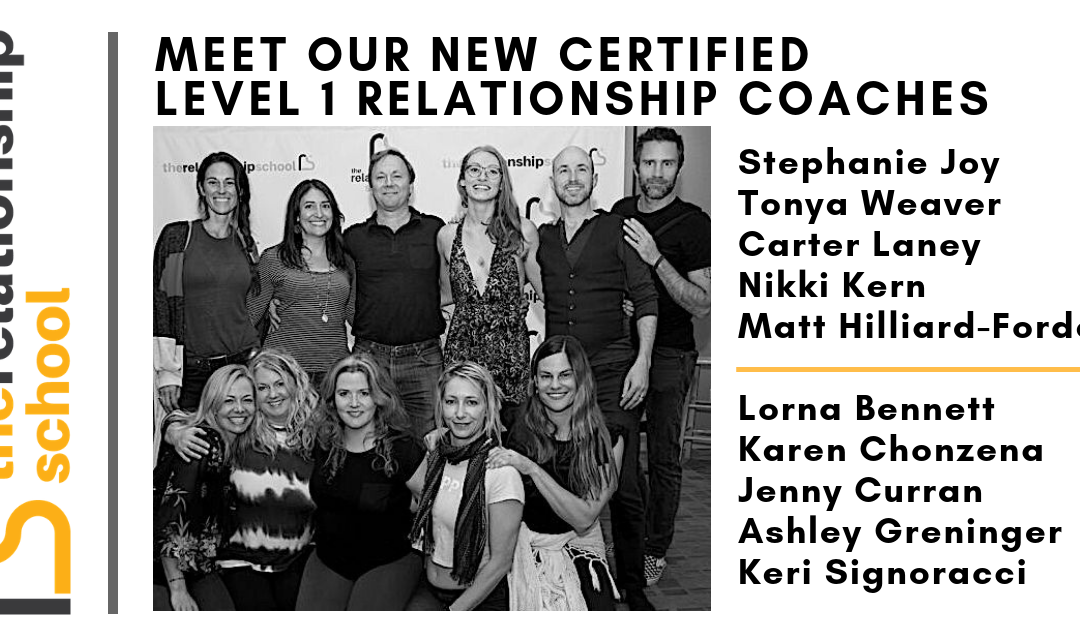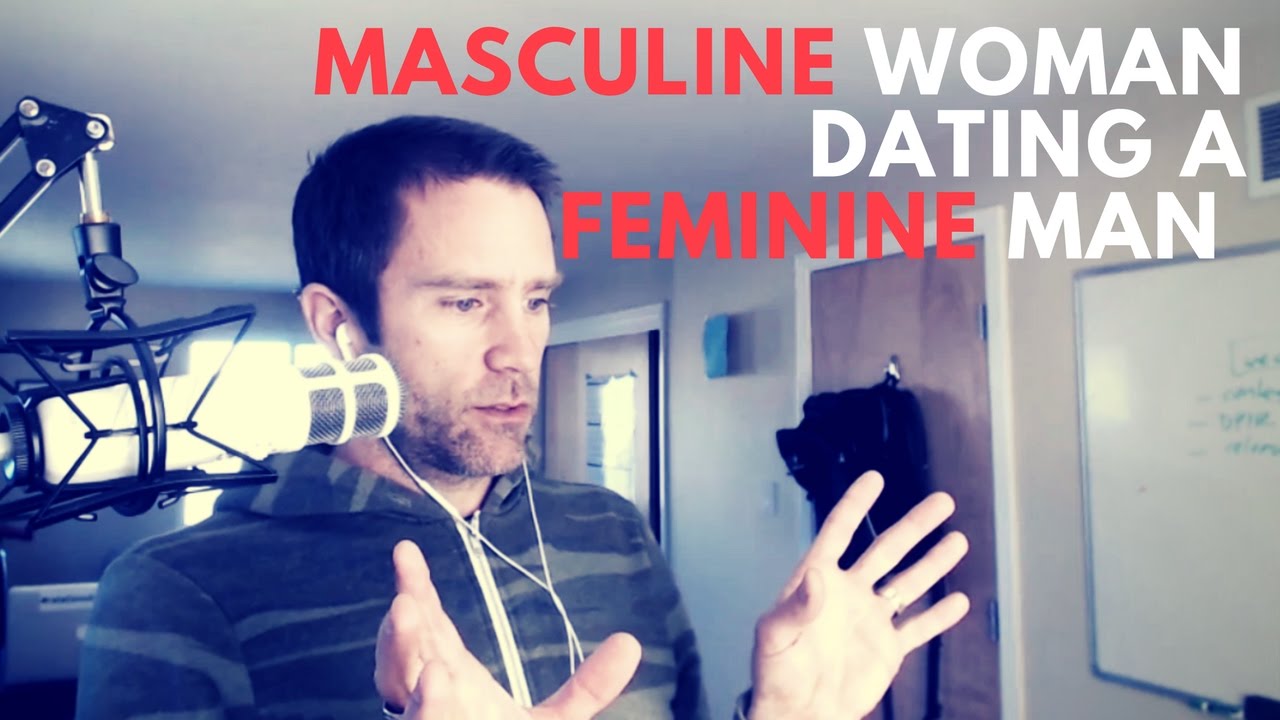What Are the Two Main Insecure Attachment Styles?
Relationships are complicated—but they’re not impossible to navigate with some effort. When you and your partner take the time to learn about yourselves and each other, it can make a world of difference in the way you relate to and communicate with each other.
One of the things you can study and learn about is our attachment styles—the relational blueprint that we learned growing up. It’s essentially the template for the way we approach relationships in our adult lives. Many of us don’t have too much specific memory of that, but it’s hardwired into us by our caregivers and our experiences with them.
There are a few categories of attachment styles, but here are the two main insecure types. First, let’s take a look at exactly what “insecure attachment” means.
What Is Insecure Attachment?
Having an insecure attachment style means that you feel insecure in some way in your relationship. Insecure relationships are characterized by anxiety, a lack of trust, and a lot of fighting or distance. Maybe you worry that your partner is going to abandon you; maybe you’re afraid they will judge you, condemn you, or be unaccepting of you; maybe you feel like they might suffocate you and take over your space or try to control you. Whatever the cause for anxiety, it comes from the way you attached to your primary caregivers growing up.
Here’s a quick video about insecure attachment styles:
Insecure Ambivalent
Psychotherapist Stan Tatkin categorizes the insecure ambivalent attachment style as the “wave,” because it can be very up and down. Waves tend to feel lots of emotions and maybe express themselves quite a bit.
The insecure ambivalent “wave” style comes from a history of inconsistent attachments as a child. That could mean that maybe a parent was physically there only part of the time and you never knew whether you could count on them. You probably felt anxious when they weren’t around. It could also mean that maybe the parent or caregiver wasn’t always emotionally available to be there for you and you probably felt rejected by them. What made it confusing was that they were there some of the time too.
In your adult relationships, you probably feel anxiety when your partner withdraws—maybe you feel somewhat needy or helpless when that happens.
Insecure Avoidant
Insecure avoidant, or in Dr. Tatkin’s terms, an “island,” is someone who grew up in a family that didn’t place a lot of emphasis or value on relationships in general. Your caregivers probably didn’t take a lot of time and effort to build a relationship with you, and you were on your own quite a bit. As a result, you learned self-preservation as opposed to relying on others.
In this environment, you learned that relationships weren’t going to help meet your needs, so you withdrew to deal with stress and issues on your own. You probably told yourself that you couldn’t rely on anyone else and that you could only trust yourself.
This can get complicated because in adult relationships, you typically end up with a wave, an insecure ambivalent. They just want a connection with you, but your style is to withdraw because that’s what you’ve always done. You might even get irritated with them when they approach you, but it makes you anxious because you don’t feel you can rely on them. That leads you to avoid the one thing that would actually lead to connection with your partner—talking and working through the issue. Since you haven’t yet experienced a relationship where you can rely on someone, it can feel scary (or annoying) to you when your partner asks you to.
Take a Risk
If you identify with either insecure attachment style, you might feel like it’s just easier to be single. But most of us would rather have a partner in life, to experience connection and to be known. When you take the risk of allowing the other person to know you and face them to work through issues (or give them a little space if they withdraw), it leads to a fulfilling and secure relationship. Don’t get me wrong—it’s going to take some work. But once you know how you’re wired, you can be sensitive to your partner’s style and learn how to communicate and be a team by balancing each other out.
If you’re in a relationship with a man who withdraws, check out this free training for three secrets to pull him back.
___________________________________________________________________
Photo Credit: Everton Vila – Unsplash


